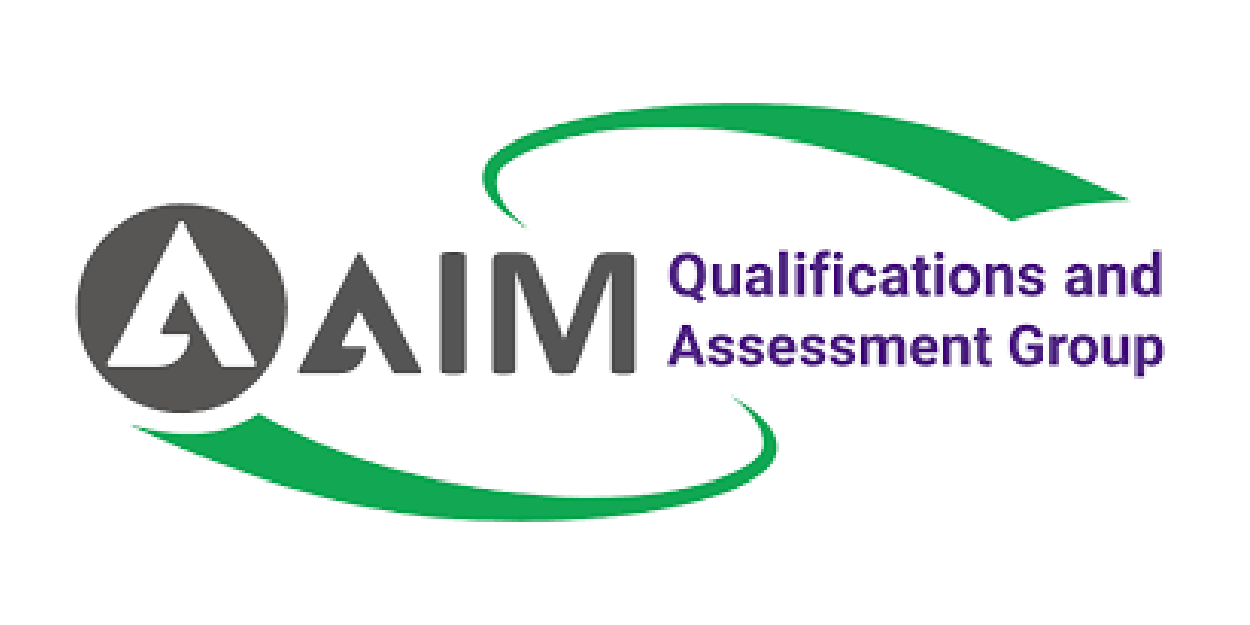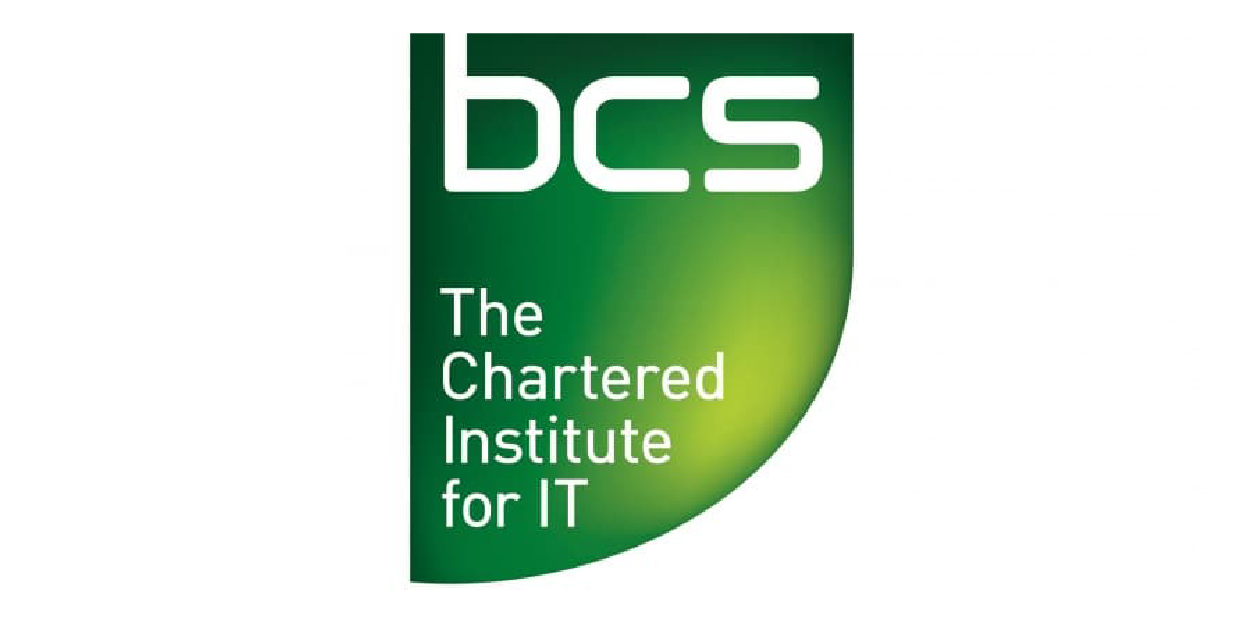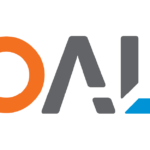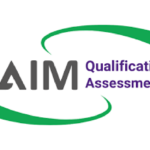A thriving business adapts and evolves with industry demands. At Access Industry, we’ve spent decades delivering high-quality apprenticeship programmes and upskill training designed to keep your workforce competitive. Whether you’re in Digital, Events, Film, Software Development, Sport, or Business, our continuously expanding curriculum ensures your team is equipped with the skills they need to succeed.
Whether you’re bringing in fresh talent or looking for how to upskill and reskill employees, our programmes are tailored to help your organisation grow.
Whether you’re bringing in fresh talent or looking for how to upskill and reskill employees, our programmes are tailored to help your organisation grow.
A thriving business adapts and evolves with industry demands. At Access Industry, we’ve spent decades delivering high-quality apprenticeship programmes and upskill training designed to keep your workforce competitive. Whether you’re in Digital, Events, Film, Software Development, Sport, or Business, our continuously expanding curriculum ensures your team is equipped with the skills they need to succeed.
With years of expertise in apprenticeships, we provide a diverse range of programmes across various fields, including Digital, Events, Software Development, Sport, and Business. Our offerings are continuously expanding to meet the evolving needs of organisations. We’re here to support you in how to upskill a team or bringing in new, job-ready talent.
Take a look at our apprenticeship course standards listed below.
Digital
Events and Music
Software Development
Sport
Business
With years of expertise in apprenticeships, we provide a diverse range of programmes across various fields, including Digital, Events, Software Development, Sport, and Business. Our offerings are continuously expanding to meet the evolving needs of organisations. We’re committed to helping you elevate your team’s skills and performance.
Take a look at our apprenticeship course standards listed below.






GOV.UK
aboutapprenticeships.com
aboutapprenticeships.com
Continuous learning is essential for staying current with industry advancements and best practices, making skill development and growth in the workplace a vital part of any career.
Professional upskilling is essential. Our programmes provide a ready-made training and development plan designed to future-proof your workforce by addressing what it means to upskill and providing practical answers to how to build a successful upskilling program.
Whether you’re upskilling employees in software, marketing, or service roles, our programmes help them to stay current and career-ready.
Understanding the importance of upskilling employees means acknowledging how vital continuous learning is for long-term success.
An apprenticeship is a paid job which allows you to develop the skills, technical knowledge and experience to help you develop your career.
You will develop your technical knowledge through formal ‘off the job’ training and gain practical skills and experience whilst working. Apprenticeships have been designed by employers and include the knowledge, skills, behaviours and formal qualifications needed for each specific job role and sector.
To be eligible, applicants must be aged 16 or over, living in England and not taking part in full-time education. If they are already employed, they can start an apprenticeship in their current job to help them progress to a higher level position.
Yes, an apprentice can be anyone over the age of 16.
Absolutely, existing employees can do an apprenticeship if they don’t have experience in the subject area or it is a higher level apprenticeship. You can place existing employees on an apprenticeship.
Yes, the apprentice has the same rights and benefits of other employees. They are employed by the employer and paid through the employer’s payroll.
Apprenticeships range from Level 2 to Level 7. The levels and their equivalent qualifications are listed below:
Access Industry currently offers apprenticeships up to Level 4, but we continually update available apprenticeships to meet learner needs and industry trends.
Levy-paying employers can transfer up to 25% of their Apprenticeship levy payment to multiple Employers, allowing them to use their levy pot more effectively.
Passing on a portion of the levy means companies can help fund training in smaller companies or those in their supply chain that might not have the resources to fund Apprenticeships themselves.
If you want to find a levy transfer to cover the costs of the training, rather than making a reservation, you can view available transfer opportunities on the pledge page. Employers may decide to transfer their levy to specific sectors or businesses. They may also choose to fund particular levels of apprenticeships.
Employers can advertise transfers with four details:
You can apply for the pledge that matches the levy employer’s needs. This isn’t limited, and you can apply for a pledge even if you don’t match all four advertised details. You can also apply for multiple pledges.
You need an apprenticeship service account to apply for a transfer to fund an apprenticeship for your business.
Before logging into your account and starting the process you need to:
You can apply for multiple apprentices within one application if they are doing the same apprenticeship. If your apprentices are doing different apprenticeships you need multiple applications.
Once you have applied for a transfer you can see the status of your application in your apprenticeship service account.
Your application is shared directly with the employer. They will review and confirm if they have accepted your application.
If your application is rejected you can apply for another transfer or get funding via reservation.
Once you accept the transferred funds they can only be used to pay for apprenticeship training and assessment, up to the funding band maximum.
Transfer funds can only be used for a new apprenticeship start. They can be a new or existing employee but they cannot have already started an apprenticeship.
Reviews take place every 8 – 12 weeks, These tripartite reviews will assess the apprentices progress and discuss their experience in the workplace.
Off-the-job training is defined as learning which is undertaken outside of day-to-day work duties and leads towards the achievement of the apprenticeship. This training takes place within the apprentice’s normal (contracted) working hours. The off-the-job training must be directly relevant to the apprenticeship. The minimum off the job training for a full-time apprentice is an average of 6 hours per week. The off-the-job training provides the time to focus and develop the required skills, knowledge and behaviours to achieve the apprenticeship. There are lots of activities that can contribute to off-the-job training. The key thing to remember is that it must be relevant to the apprenticeship.
You can find out more about off-the-job training here.
£5.28 is the apprenticeship minimum wage. If your apprentice is 19+ at the point of enrolment, you must increase your apprentice’s salary to minimum wage for their age after 12 months of employment.
If your apprentice starts before the apprenticeship start date, you must pay them National Minimum Wage for their age.
September, November, January and April.
Yes, on request we can introduce you to other employers.
Continuous learning is essential for staying current with industry advancements and best practices, making skill development and growth in the workplace a vital part of any career.
Professional upskilling is essential. Our programmes provide a ready-made training and development plan designed to future-proof your workforce by addressing what it means to upskill and providing practical answers to how to build a successful upskilling program.
Whether you’re upskilling employees in software, marketing, or service roles, our programmes help them to stay current and career-ready.
Understanding the importance of upskilling employees means acknowledging how vital continuous learning is for long-term success.
An apprenticeship is a paid job which allows you to develop the skills, technical knowledge and experience to help you develop your career.
You will develop your technical knowledge through formal ‘off the job’ training and gain practical skills and experience whilst working. Apprenticeships have been designed by employers and include the knowledge, skills, behaviours and formal qualifications needed for each specific job role and sector.
To be eligible, applicants must be aged 16 or over, living in England and not taking part in full-time education. If they are already employed, they can start an apprenticeship in their current job to help them progress to a higher level position.
Yes, an apprentice can be anyone over the age of 16.
Absolutely, existing employees can do an apprenticeship if they don’t have experience in the subject area or it is a higher level apprenticeship. You can place existing employees on an apprenticeship.
Yes, the apprentice has the same rights and benefits of other employees. They are employed by the employer and paid through the employer’s payroll.
Apprenticeships range from Level 2 to Level 7. The levels and their equivalent qualifications are listed below:
Access Industry currently offers apprenticeships up to Level 4, but we continually update available apprenticeships to meet learner needs and industry trends.
The apprenticeship levy is a form of taxation designed to help companies offer more apprenticeships. It was introduced to benefit businesses by boosting essential training and developing apprenticeship programmes.
The government apprenticeship levy is a tax paid by employers. It is then stored in a fund which can be accessed to help pay for apprenticeship training costs.
If you do not pay into the Apprenticeship Levy, you are able to access up to 100% of the apprenticeship funds from the apprenticeship reservation on your DAS account.
Levy-paying employers can transfer up to 25% of their Apprenticeship levy payment to multiple Employers, allowing them to use their levy pot more effectively.
Passing on a portion of the levy means companies can help fund training in smaller companies or those in their supply chain that might not have the resources to fund Apprenticeships themselves.
If you want to find a levy transfer to cover the costs of the training, rather than making a reservation, you can view available transfer opportunities on the pledge page. Employers may decide to transfer their levy to specific sectors or businesses. They may also choose to fund particular levels of apprenticeships.
Employers can advertise transfers with four details:
You can apply for the pledge that matches the levy employer’s needs. This isn’t limited, and you can apply for a pledge even if you don’t match all four advertised details. You can also apply for multiple pledges.
You need an apprenticeship service account to apply for a transfer to fund an apprenticeship for your business.
Before logging into your account and starting the process you need to:
You can apply for multiple apprentices within one application if they are doing the same apprenticeship. If your apprentices are doing different apprenticeships you need multiple applications.
Once you have applied for a transfer you can see the status of your application in your apprenticeship service account.
Your application is shared directly with the employer. They will review and confirm if they have accepted your application.
If your application is rejected you can apply for another transfer or get funding via reservation.
Once you accept the transferred funds they can only be used to pay for apprenticeship training and assessment, up to the funding band maximum.
Transfer funds can only be used for a new apprenticeship start. They can be a new or existing employee but they cannot have already started an apprenticeship.
Reviews take place every 8 – 12 weeks, These tripartite reviews will assess the apprentices progress and discuss their experience in the workplace.
Off-the-job training is defined as learning which is undertaken outside of day-to-day work duties and leads towards the achievement of the apprenticeship. This training takes place within the apprentice’s normal (contracted) working hours. The off-the-job training must be directly relevant to the apprenticeship. The minimum off the job training for a full-time apprentice is an average of 6 hours per week. The off-the-job training provides the time to focus and develop the required skills, knowledge and behaviours to achieve the apprenticeship. There are lots of activities that can contribute to off-the-job training. The key thing to remember is that it must be relevant to the apprenticeship.
You can find out more about off-the-job training here.
£5.28 is the apprenticeship minimum wage. If your apprentice is 19+ at the point of enrolment, you must increase your apprentice’s salary to minimum wage for their age after 12 months of employment.
If your apprentice starts before the apprenticeship start date, you must pay them National Minimum Wage for their age.
September, November, January and April.
Yes, on request we can introduce you to other employers.
An apprenticeship is a paid job which allows you to develop the skills, technical knowledge and experience to help you develop your career.
You will develop your technical knowledge through formal ‘off the job’ training and gain practical skills and experience whilst working. Apprenticeships have been designed by employers and include the knowledge, skills, behaviours and formal qualifications needed for each specific job role and sector.
To be eligible, applicants must be aged 16 or over, living in England and not taking part in full-time education. If they are already employed, they can start an apprenticeship in their current job to help them progress to a higher level position.
Yes, an apprentice can be anyone over the age of 16.
Absolutely, existing employees can do an apprenticeship if they don’t have experience in the subject area or it is a higher level apprenticeship. You can place existing employees on an apprenticeship.
Yes, the apprentice has the same rights and benefits of other employees. They are employed by the employer and paid through the employer’s payroll.
Apprenticeships range from Level 2 to Level 7. The levels and their equivalent qualifications are listed below:
Access Industry currently offers apprenticeships up to Level 4, but we continually update available apprenticeships to meet learner needs and industry trends.
The apprenticeship levy is a form of taxation designed to help companies offer more apprenticeships. It was introduced to benefit businesses by boosting essential training and developing apprenticeship programmes.
The government apprenticeship levy is a tax paid by employers. It is then stored in a fund which can be accessed to help pay for apprenticeship training costs.
If you do not pay into the Apprenticeship Levy, you are able to access up to 100% of the apprenticeship funds from the apprenticeship reservation on your DAS account.
Levy-paying employers can transfer up to 25% of their Apprenticeship levy payment to multiple Employers, allowing them to use their levy pot more effectively.
Passing on a portion of the levy means companies can help fund training in smaller companies or those in their supply chain that might not have the resources to fund Apprenticeships themselves.
If you want to find a levy transfer to cover the costs of the training, rather than making a reservation, you can view available transfer opportunities on the pledge page. Employers may decide to transfer their levy to specific sectors or businesses. They may also choose to fund particular levels of apprenticeships.
Employers can advertise transfers with four details:
You can apply for the pledge that matches the levy employer’s needs. This isn’t limited, and you can apply for a pledge even if you don’t match all four advertised details. You can also apply for multiple pledges.
You need an apprenticeship service account to apply for a transfer to fund an apprenticeship for your business.
Before logging into your account and starting the process you need to:
You can apply for multiple apprentices within one application if they are doing the same apprenticeship. If your apprentices are doing different apprenticeships you need multiple applications.
Once you have applied for a transfer you can see the status of your application in your apprenticeship service account.
Your application is shared directly with the employer. They will review and confirm if they have accepted your application.
If your application is rejected you can apply for another transfer or get funding via reservation.
Once you accept the transferred funds they can only be used to pay for apprenticeship training and assessment, up to the funding band maximum.
Transfer funds can only be used for a new apprenticeship start. They can be a new or existing employee but they cannot have already started an apprenticeship.
Reviews take place every 8 – 12 weeks, These tripartite reviews will assess the apprentices progress and discuss their experience in the workplace.
Off-the-job training is defined as learning which is undertaken outside of day-to-day work duties and leads towards the achievement of the apprenticeship. This training takes place within the apprentice’s normal (contracted) working hours. The off-the-job training must be directly relevant to the apprenticeship. The minimum off the job training for a full-time apprentice is an average of 6 hours per week. The off-the-job training provides the time to focus and develop the required skills, knowledge and behaviours to achieve the apprenticeship. There are lots of activities that can contribute to off-the-job training. The key thing to remember is that it must be relevant to the apprenticeship.
You can find out more about off-the-job training here.
£5.28 is the apprenticeship minimum wage. If your apprentice is 19+ at the point of enrolment, you must increase your apprentice’s salary to minimum wage for their age after 12 months of employment.
If your apprentice starts before the apprenticeship start date, you must pay them National Minimum Wage for their age.
September, November, January and April.
Yes, on request we can introduce you to other employers.



















Support your existing team by giving them access to in-demand digital and business skills. Through employee upskilling, they’ll gain recognised qualifications while becoming more efficient, innovative, and career-driven.
With the rise in digital roles, your team may be ready for new challenges. Our programmes provide the training and reskills needed to help staff transition into new, future-focused roles.
Whether you’re researching how to upskill and reskill employees or searching for a trusted provider for upskill training, Access Industry is your partner in workforce development.
Talk to our team today to explore how we can help you design and implement a successful upskilling strategy tailored to your goals.
Support your existing team by giving them access to in-demand digital and business skills. Through employee upskilling, they’ll gain recognised qualifications while becoming more efficient, innovative, and career-driven.
With the rise in digital roles, your team may be ready for new challenges. Our programmes provide the training and reskills needed to help staff transition into new, future-focused roles.
Whether you’re researching how to upskill and reskill employees or searching for a trusted provider for upskill training, Access Industry is your partner in workforce development.
Talk to our team today to explore how we can help you design and implement a successful upskilling strategy tailored to your goals.





Registered in England and Wales (02749258) | Privacy Policy | Cookie Policy





Registered in England and Wales (02749258) | Privacy Policy | Cookie Policy